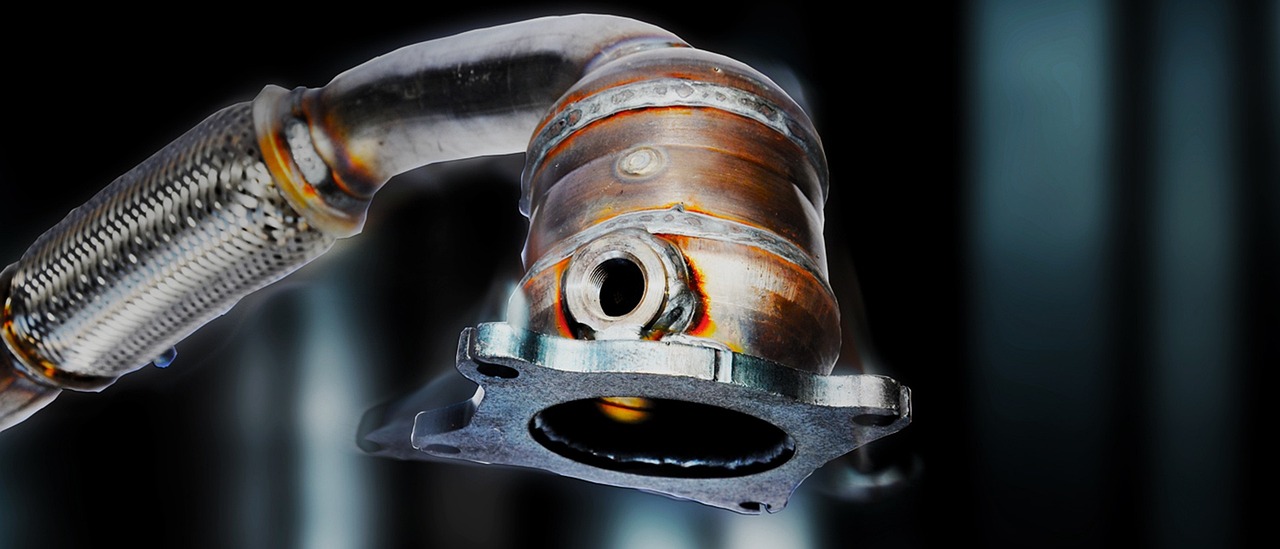By Chief Art Acevedo. Published on 12/17/2022 by the Dallas Morning News. Read the original here.
When the FBI busted a nationwide criminal enterprise on Nov. 2, it proved that catalytic converter thieves are teaming up—and that law enforcement and government officials nationwide need to do the same.
In conversations with police departments across the country, I’m hearing that catalytic converter thieves are getting bolder and more dangerous. These criminals are driven by the easy availability of a high-value item, and the precious metals in catalytic converters are easy, pricey prey. With supply limited by war-related sanctions on producers in Russia and hoarding by China, and demand driven by their value in applications like medical treatments, it’s no wonder these PGMs (platinum, palladium, and rhodium) have been listed as critical metals by the federal government.
There is also a general disconnect in laws related to the crime. In many jurisdictions, the thieves are charged with a misdemeanor and back on the street the day after an arrest. Meanwhile, an employee of a legitimate recycling businesses transporting an ethically-sourced load of converters can end up in jail with a felony. The laws are not only out of balance, but hard to enforce.
Whether we’re driven by concern for vehicle owners and the police who protect them or the demands of national defense, it’s time for a coordinated nationwide effort devoted to fighting back. That’s why I’ve joined forces with PGM of Texas, the largest catalytic converter recycler in North America, to pursue solutions. As a former chief of police, I can empathize with the difficulty of policing a category of crime that is advancing faster than the laws available to combat it. With states, counties and cities passing their own laws targeting different links in the PGM supply chain, thieves can steal converters in one town and drive somewhere else to sell them legally. Until we can arrive at a uniform standard, the criminals will maintain the upper hand.
Those national and state standards should be rooted in the twin priorities of increasing the risk bad actors face while preventing them from exploiting legitimate businesses. Examples include:
- Arming prosecutors with stiffer penalties for catalytic converter theft.
- Funding police departments to create specialized task forces.
- Standardizing licensing and documentation requirements for legitimate businesses in the recycling stream to avoid confusion across jurisdictions.
- Applying RICO statutes to disrupt organized criminal activity.
Some of the different approaches being taken by various states are more promising than others; there are a growing number of laws pushing mandatory prison sentences and felonies for those caught stealing converters, properly placing the onus on the thieves. Unfortunately, laws in other states will do little more than destroy the recycling stream for these critical metals, like Connecticut’s law that says recyclers can only accept a converter if it is still attached to the car.
What can car owners do?
While companies like PGM of Texas work with lawmakers to adopt a standardized approach to dealing with criminals, vehicle owners can take steps to protect themselves. While nothing is foolproof, anti-theft shields can slow a thief down. On a larger scale, citizen involvement with law enforcement always makes a huge difference, whether that’s immediately reporting suspicious activity and thefts or sharing video from home security cameras. Membership in neighborhood watch groups and on sites like NextDoor can also enhance the team approach.
While personal steps like these can help reduce property loss, the ultimate solution is a nation galvanized to take meaningful action. The longer we wait to address the issue in a comprehensive manner, the more property damage, bloodshed, and lost lives we’ll see. With respect to those who have lost loved ones to this scourge, let’s heed these violent incidents as a wakeup call and fix this together.
Art Acevedo is a law enforcement consultant with 35 years of experience and the former chief of police for Austin, Houston, and Miami. He wrote this column for The Dallas Morning News.










